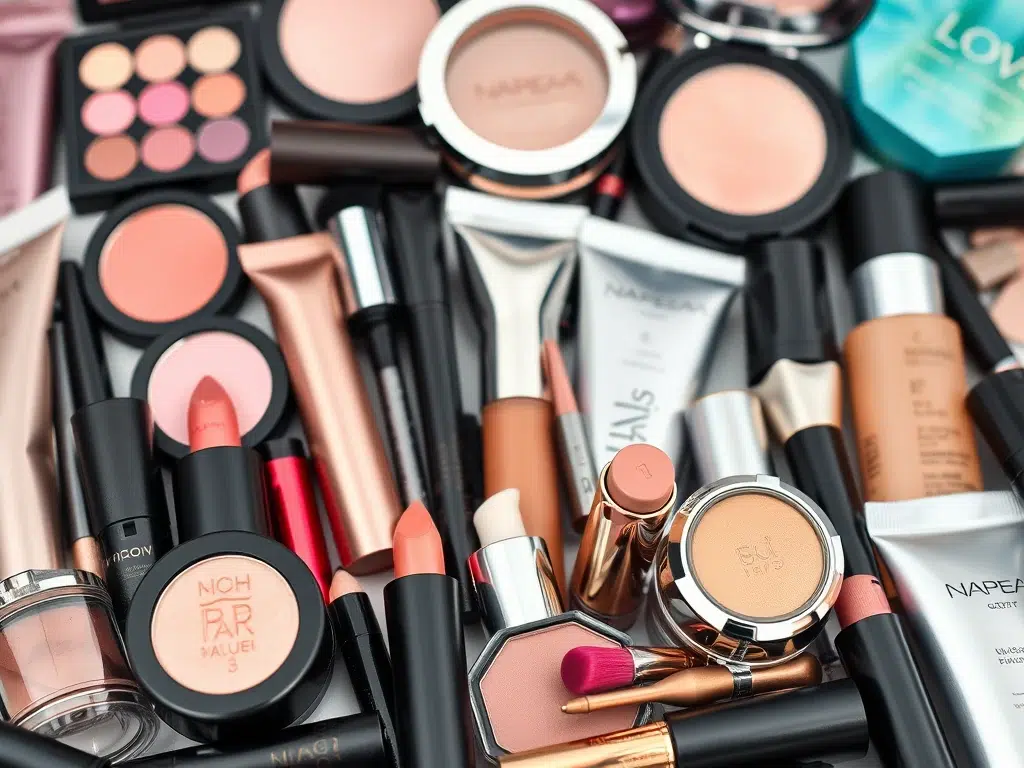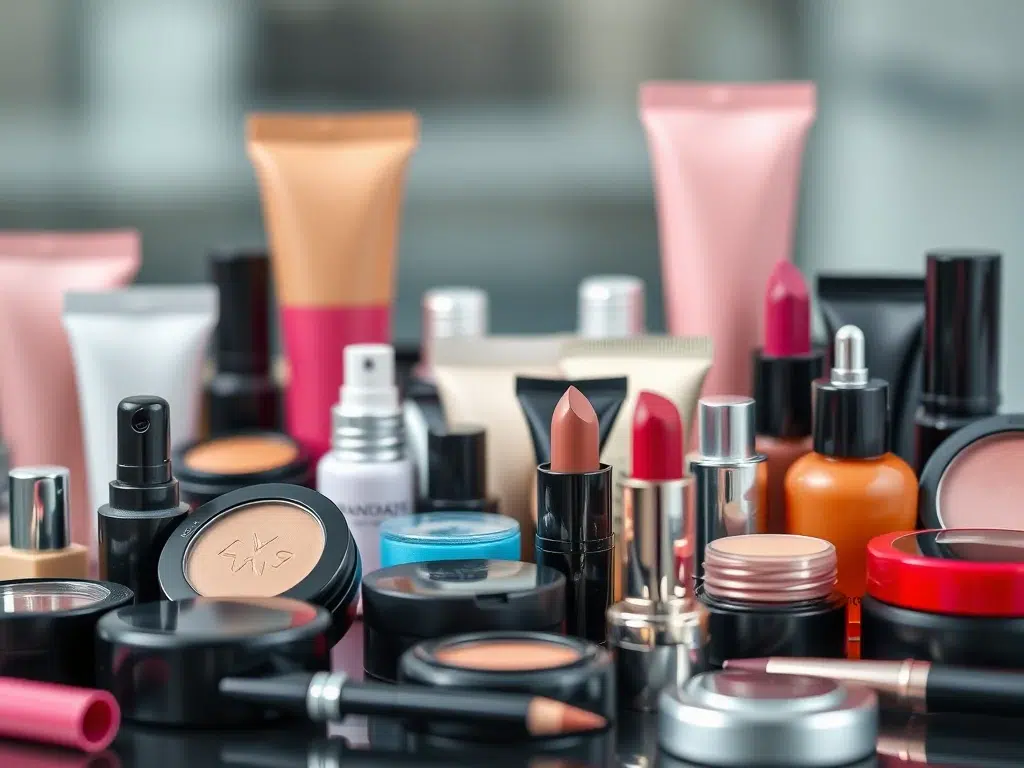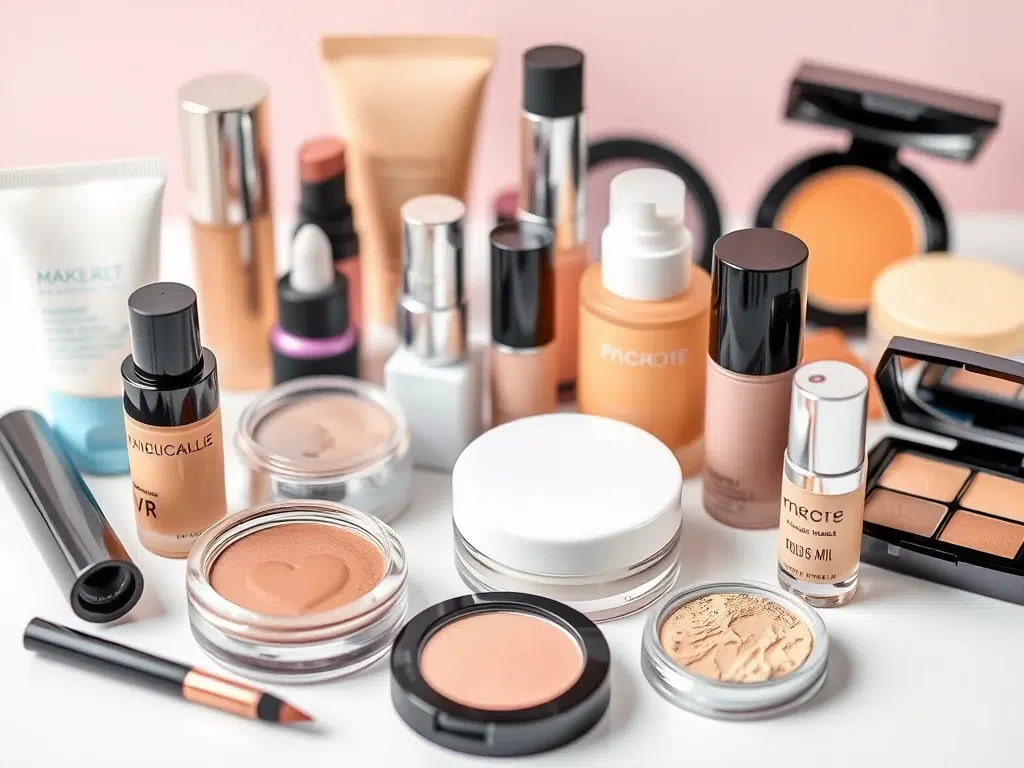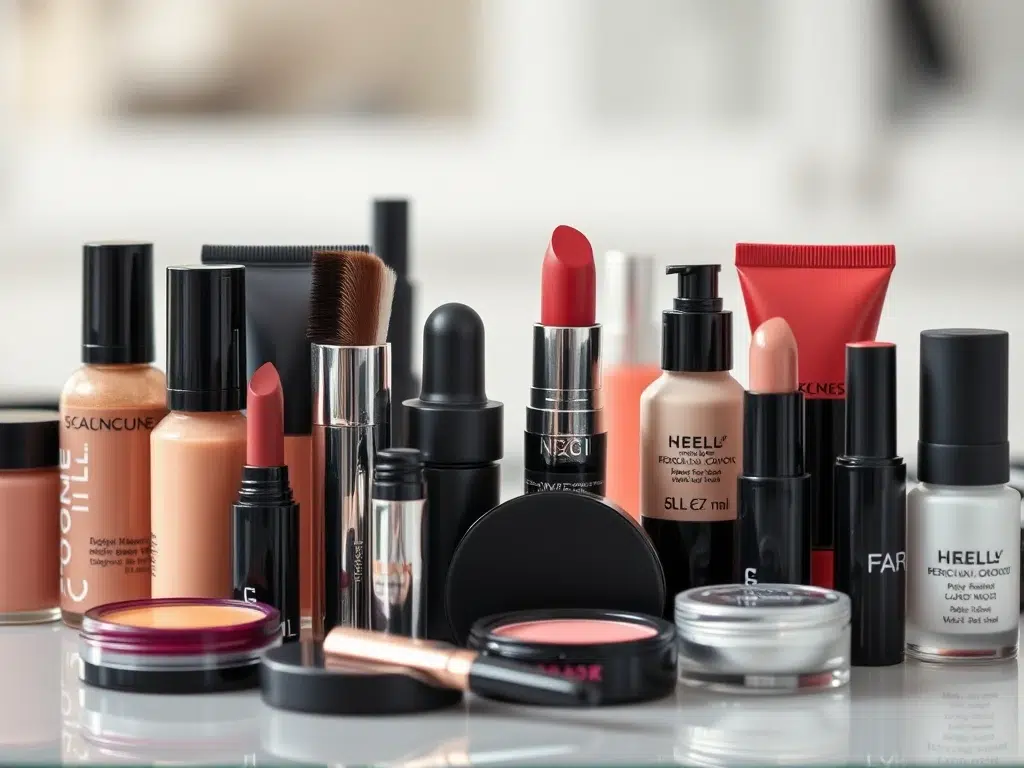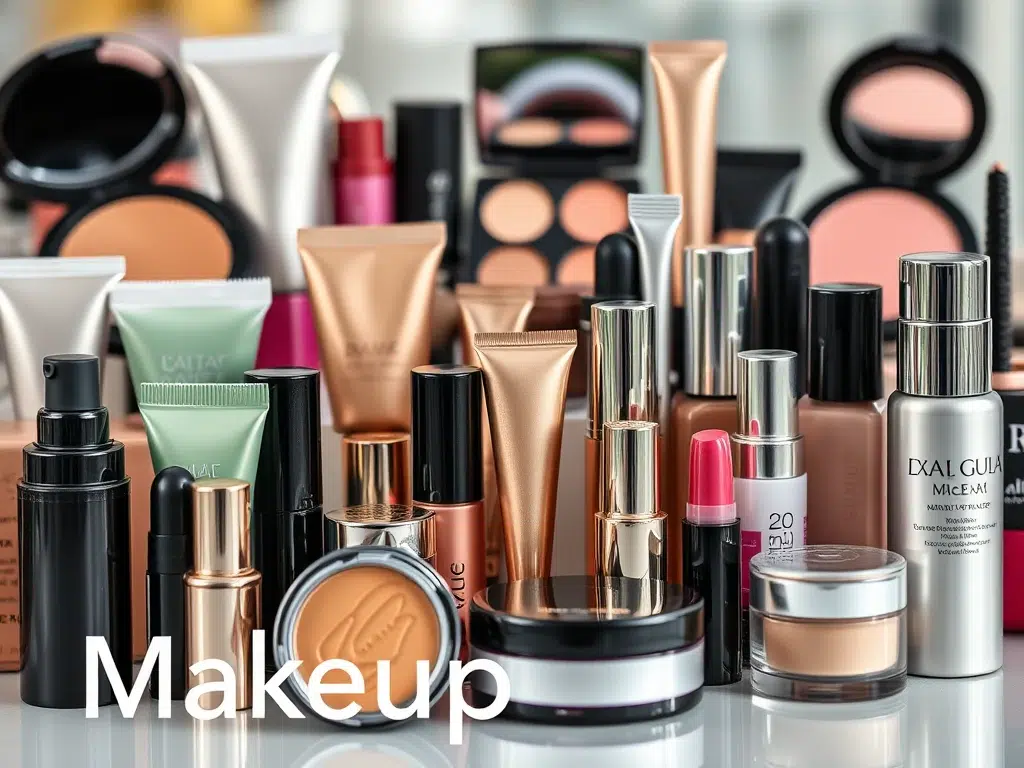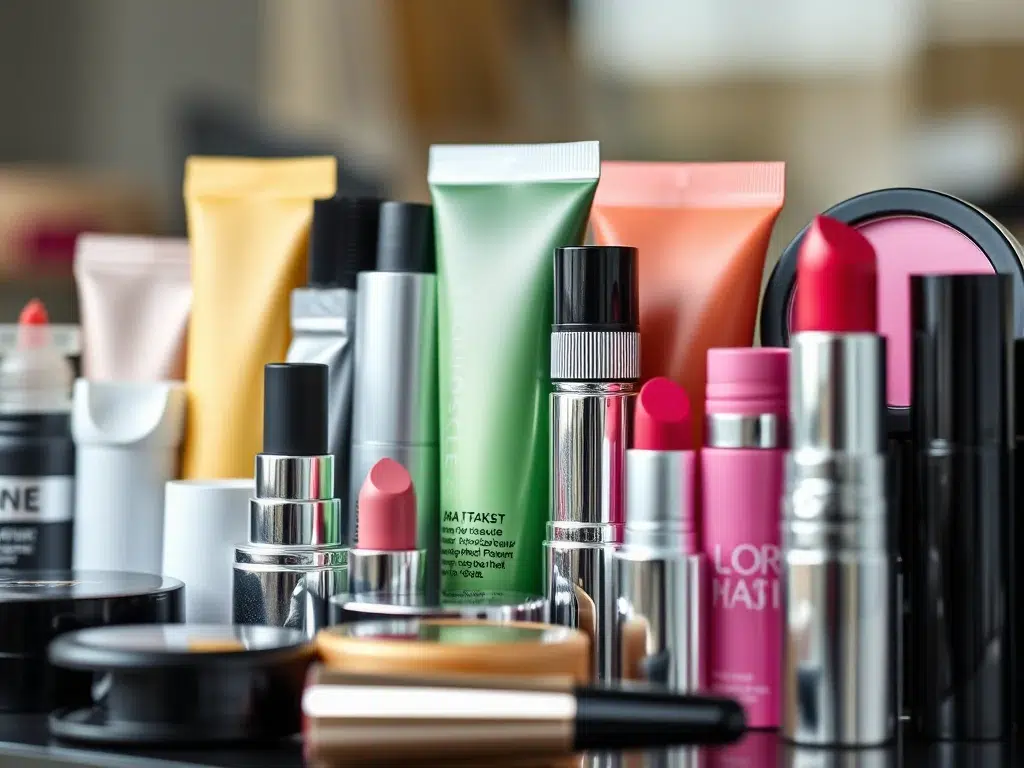In this post, we will go over the evolution of private-label cosmetics companies from their origins to their growth, as well as what the future holds for them.
Table of Contents
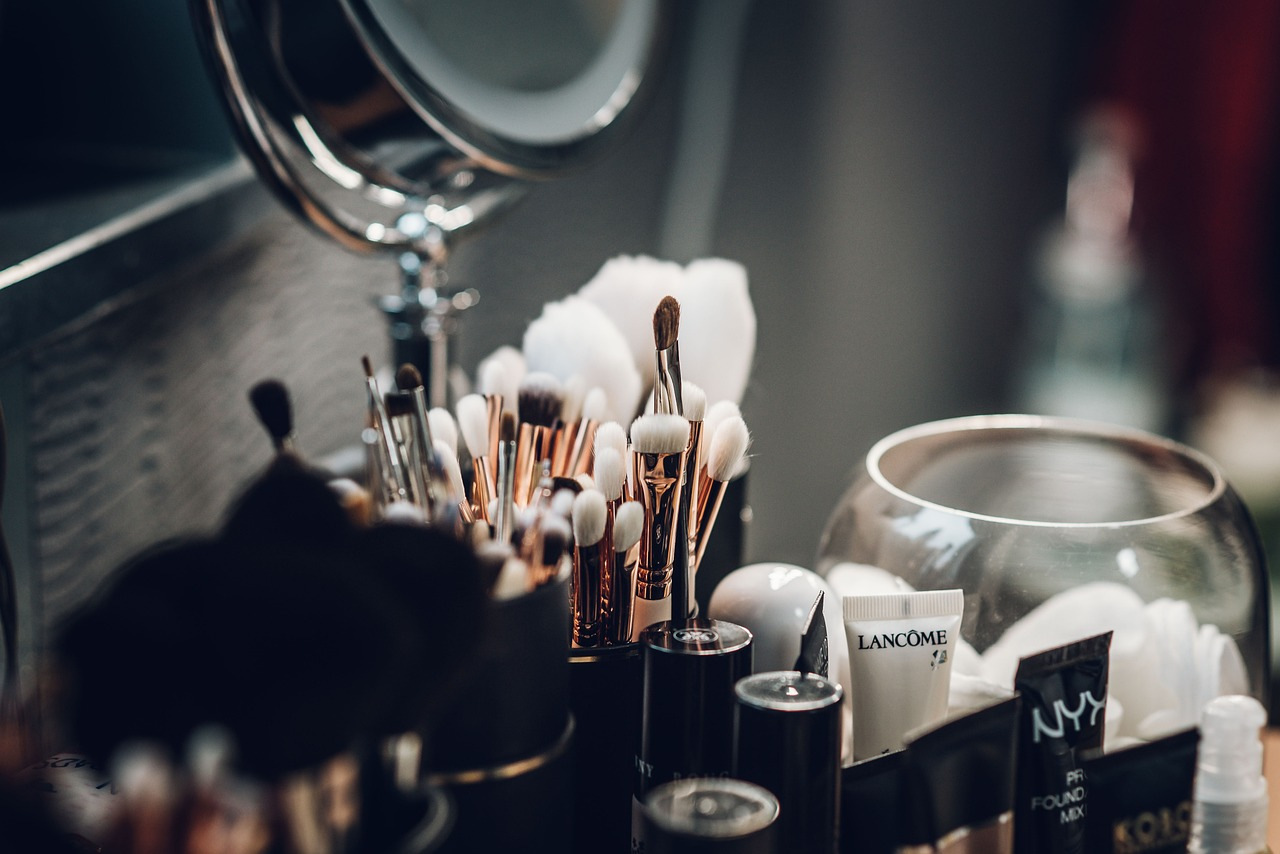
Private label cosmetics companies have evolved over the years to become competing giants to popular name brands. This growth has been driven by changes in consumer behaviors, globalization, and technological advancements.
A Private label cosmetics manufacturer produces beauty line products for retailers to sell and brand. These private brands are typically cheaper than most national labels but offer the same quality, feel, and value to customers.
The Origin of Private Label Cosmetics Products
The history of private label companies dates back to the early 1900s when department stores started to offer their own brand of cosmetics. At the time, they were not very popular until the 60s and 70s when retailers like Sears and J.C. Penny began to make their private-label brands.
Private-label products were packed in bland white packaging options which included canned goods. The products only had identification and labeling details but no brand names.
This phenomenon was especially fuelled by the 1980s recession. It continued to flourish in the cosmetics industry after the 90s economic rebound.
As the cosmetics industry continued to evolve in the following decades, name-brand products were introduced. Consumers developed sophisticated tastes and as a result, private-label cosmetics began improving their product quality but sold at cheaper rates.
Today, many private-label cosmetics company products are comparable to name brands in terms of performance, quality, and ingredients. Among the products in production today include vegan cruelty-free products that are organic, paraben free, among other custom blends.
The emergence of private-label cosmetics can be attributed to the rise of discount retailers like Target and Walmart which have made products more accessible to consumers. Also, the popularity of online shopping has made it easier for people to compare ingredients and prices to get the best cosmetics deals.
The Growth of Private Label Cosmetics
The growth of the private-label cosmetics industry has been driven by various factors few of which are listed below.
Increase in demand for private-label cosmetics
The sharp increase in demand for private-label skincare products has been led by factors like affordability, quality, and customization. Customers want cheaper alternatives to name brands that offer the same quality and effectiveness.
Technological advances in the manufacturing of private-label cosmetics:
Technological advancements have made it easier and more cost-effective for companies to produce high-quality products. It has also brought better formula development for beauty products, hair care, and other personal care items. Advanced production techniques like digital printing and automation have brought about greater flexibility in the customization and design of cosmetic products.
Diversity in product offerings:
To meet different consumer needs, private-label cosmetics offer a wide range of skincare, lipsticks, hair care, and personal care items. For instance, there are consumers looking for cosmetic products designed to work on certain skin types. Others are interested in products made free from harmful chemicals and have natural ingredients. This diversity in product offerings helps to keep up with current trends like the concern for cruelty-free products.
Inclusivity and diversity in marketing
Through vibrant marketing campaigns, private-label cosmetics companies attract a wider customer base. They help to foster brand loyalty among consumers, especially when they feel the product represents their beliefs and values. As a result, you get a positive brand image that is inclusive and welcoming to all potential customers. By supporting various social causes private-label cosmetics strengthen their brand image. This has been done by partnering with various causes like LBTQ+ rights and women’s rights.
What is The Future of Private Label Cosmetics?
The future for private-label cosmetics companies looks bright with several growth opportunities on the horizon. Here are key points suggesting where the private-label cosmetics business is headed.
Expansion Into New Markets
Private-label cosmetics are likely to expand into new markets both demographically and geographically. This is attributed to the rise of e-commerce and the global economy, therefore, retailers can reach customers from all over the world. As the industry develops, new opportunities continue to evolve targeting specific niches like diverse communities, men, and the aging population.
By starting partnerships with retailers that have access to new markets, private label companies can reach a wider population without opening physical stores. This helps companies to build their brand awareness and credibility.
Sustainable and Eco-Friendly Practices
Consumers are increasingly becoming conscious of animal rights and the sustainability of the environment. Therefore, a private label manufacturer will become more environmentally conscious in its production methods.
For instance, most private-label companies are committed to only using cruelty-free ingredients and not testing them on animals. This is especially important for consumers concerned about animal welfare and the ethical implications of the products they buy.
Organizations are also increasingly adopting green packaging techniques to reduce the environmental impacts of waste. This is seen in the introduction of recyclable and biodegradable packaging materials and reducing the size of packaging used.
For most retailers, there’s nothing as exciting as starting your own beauty line. This is because the profits are good, and the costs are less even in times of low sales. You can start by asking for low minimum order samples before going big.
Companies are also changing to eco-friendly manufacturing processes to reduce their carbon footprint. They are increasingly using renewable energy sources, minimizing waste, and reducing water usage.
Innovations in Product Development
By staying up to date with the latest ingredients, technologies, and other trends a private label company can create a cosmetic line that meets the future needs of its customers.
Armed with top-of-the-range formula development techniques manufacturers produce personalized makeup regimens tailored to meet customers’ needs. They develop new formulas that provide unique benefits to customers.
New serums or formulations keep being produced by private-label companies with anti-aging ingredients providing better protection. The serums can be administered through unique applicators like airless pumps and rollerballs.
Conclusion
Private-label cosmetic products have come a long way since their inception. They now provide unique and affordable products that meet consumers changing preferences and needs. Their growth is expected to continue in the years to come as driven by various factors. These include changing preferences and technological advancements, among others. Established brands will, therefore, continue to face serious competition from private-label products as they provide the same quality and feel.

